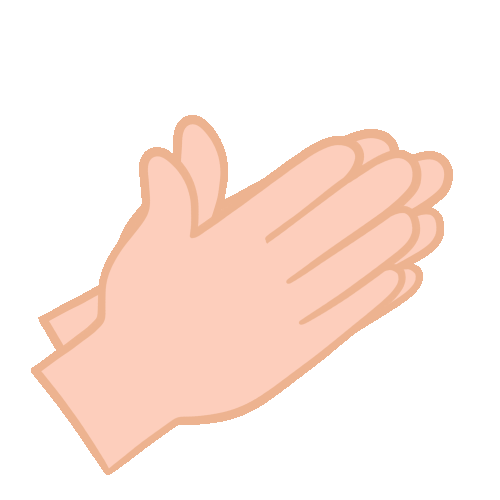Why are we moving the clock?
Translated from Dutch. View the original post
here
Light an hour longer in the evening, for example to do nice things on a sultry summer evening. Who wouldn't want that? Yet as long as we move the clock, there is discussion about it. - Why? - Why? And for what reason has this timeframe ever been introduced?
Sunday, March 29, 2020, the time has come again: we will change the clock. We say goodbye to winter time and go back to summer time. Why are we doing this? And does the clock go forward or backward for an hour?
Summer time is officially introduced in 1977, during the oil crisis. The idea is that we can save more energy in this way. In addition, the decision is also made with a view to recreation. In the evening we can use that hour longer of light, for example to do fun things on a sultry summer evening.
But not everyone is happy with the decision. Some find it annoying that they have to get up an hour earlier and face a mini-jet lag. And farmers complain: they are afraid that their cattle will be confused by the sudden time difference.
Summer time is officially introduced in 1977, during the oil crisis. The idea is that we can save more energy in this way. In addition, the decision is also made with a view to recreation. In the evening we can use that hour longer of light, for example to do fun things on a sultry summer evening.
But not everyone is happy with the decision. Some find it annoying that they have to get up an hour earlier and face a mini-jet lag. And farmers complain: they are afraid that their cattle will be confused by the sudden time difference.
The discussion about winter and summer time has never really gone down. In August 2018, the European Commission announced that it wants to get rid of the system winter and summer time. By March 2019, Member States shall decide whether they are in favour of either winter time or daylight saving time.
This proposal has been postponed to 2021, as most EU countries need more time to make a choice. The postponement also prevents a great variety of times within Europe. So it is still not certain whether we will choose between summer and winter time, or whether we will continue to change the clock every year.
Should we abolish daylight saving time?
Yes
No
And then the eternal question: does the clock have to move forward or backward every six months? Every time we enter the summer and winter time we break our heads about it. And yet this can be remembered with a simple donkey bridge.
With the two English words' jump 'and' fall 'you can remember which way the clock should go. In spring, the clock “jumps” an hour forward, and in autumn the clock “falls” an hour backwards.
This proposal has been postponed to 2021, as most EU countries need more time to make a choice. The postponement also prevents a great variety of times within Europe. So it is still not certain whether we will choose between summer and winter time, or whether we will continue to change the clock every year.
Should we abolish daylight saving time?
Yes
No
And then the eternal question: does the clock have to move forward or backward every six months? Every time we enter the summer and winter time we break our heads about it. And yet this can be remembered with a simple donkey bridge.
With the two English words' jump 'and' fall 'you can remember which way the clock should go. In spring, the clock “jumps” an hour forward, and in autumn the clock “falls” an hour backwards.
How do we measure time?
Time is an elusive thing. We can't hear, see or feel it. What are our time units based on? And is our time account still of this time?
Share this window
Source:NPO Focus
Share this window
Source:NPO Focus

1
- Report this post
 Yoors
Premium
Yoors
Premium
















